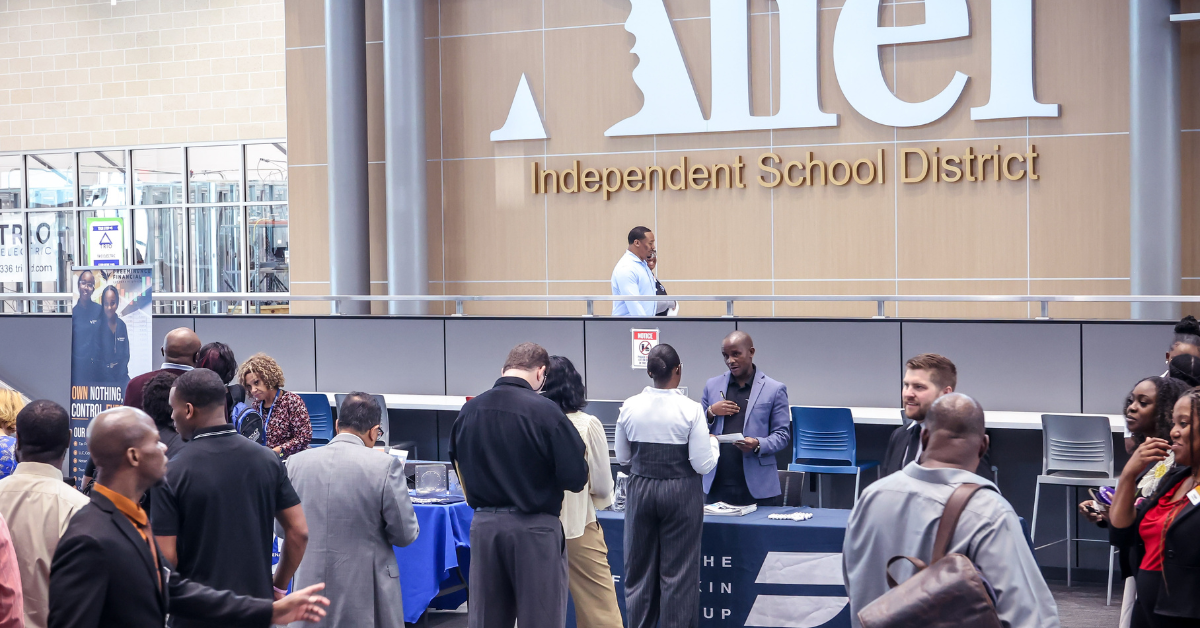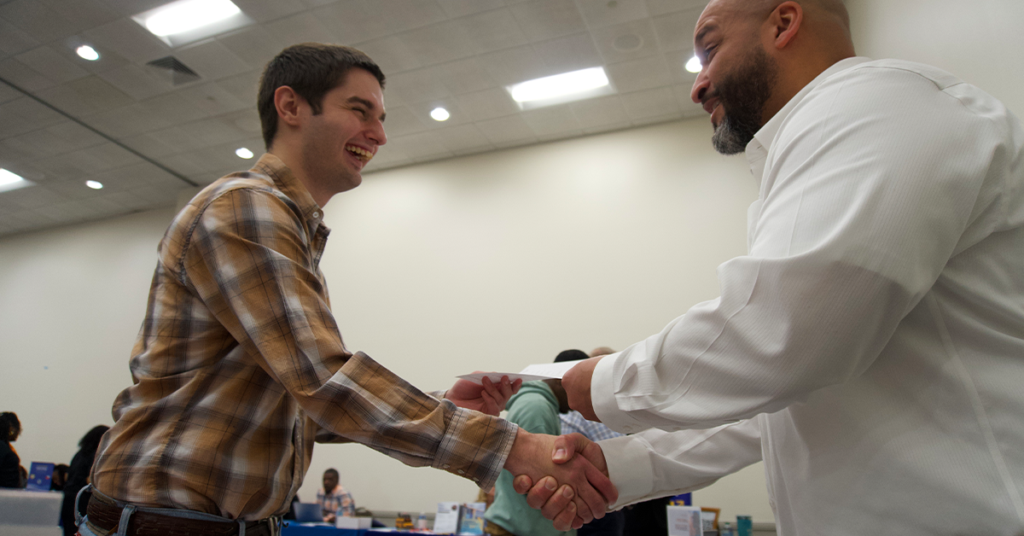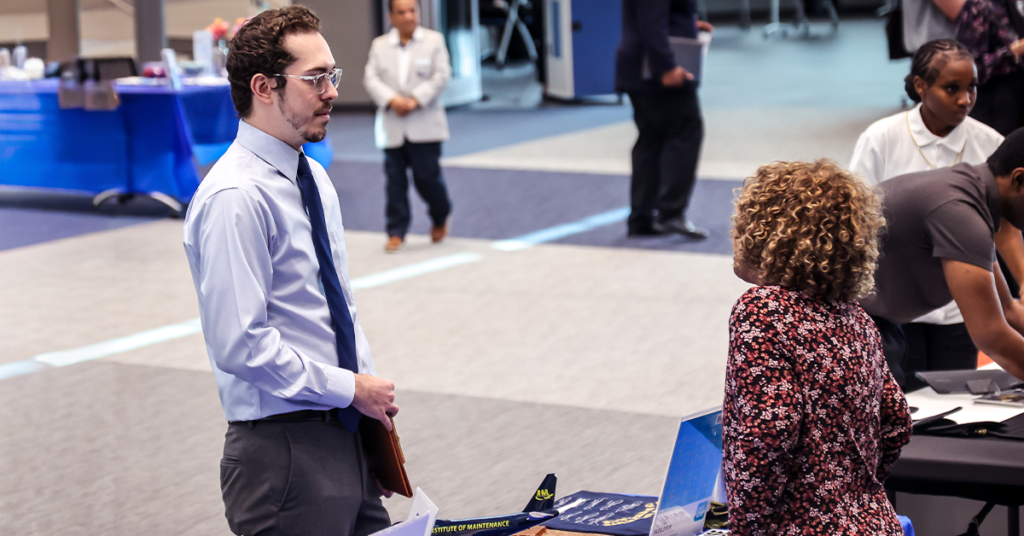Houston’s growing biomedical sector is taking significant steps to address workforce shortages, ensuring a strong pipeline of skilled professionals for the city’s expanding life sciences industry. The Texas Medical Center’s (TMC) new BioPath Career Program, in partnership with nonprofit BridgeYear, aims to introduce Houston ISD (HISD) students to biotechnology careers through hands-on learning experiences.
Addressing the Workforce Gap in Biomedical Manufacturing
Despite Houston’s rapid growth in life sciences employment—ranking second in the nation from 2022 to 2023, according to CBRE’s 2025 Life Sciences Outlook—the region still struggles with a shortage of local talent. This gap became evident when Houston lost a $550 million biomanufacturing project in 2022 due to concerns about workforce readiness, Christopher Wild, biotechnology assistant vice chancellor at San Jacinto College told The Houston Chronicle.
To bridge this gap, TMC’s BioPath Career Program is working to spark early interest in biomedical careers by bringing hands-on experiences to HISD middle and high school students. The program’s mobile lab, launched in January, travels to campuses, allowing students to simulate work as biological, pharmacy, and surgical technicians.
“As we thought through what’s next for Houston’s life sciences ecosystem, we saw biomanufacturing as the fastest-growing career path,” said Ashley McPhail, TMC’s chief external affairs and administration officer. “To meet industry demand, we knew we needed to start exposing students to these career opportunities through experiential learning.”
Training the Next Generation of Biomedical Professionals
Biomedical manufacturing involves using living materials—such as cells and microorganisms—to develop medical treatments and pharmaceuticals. The demand for trained professionals in this field continues to rise as Houston expands its life sciences footprint. Over the past two years, the city has added one million square feet of lab space, yet 23% of it remains vacant, largely due to a lack of skilled workers.
To address these challenges, San Jacinto College partnered with the National Institute for Bioprocessing Research & Training (NIBRT) in 2023 to establish its Center for Biotechnology at Generation Park. This initiative provides specialized training for students looking to enter the biomedical workforce without requiring a four-year degree.
“In the 2022 project, the main concern was the workforce pipeline,” Wild explained. “That challenge pushed us to develop targeted training programs and led us to collaborate with NIBRT to enhance our curriculum.”
With continued investments in workforce solutions and training programs, Houston is positioning itself as a leading hub for biomedical innovation, ensuring that its growing life sciences industry has the talent needed to thrive.




